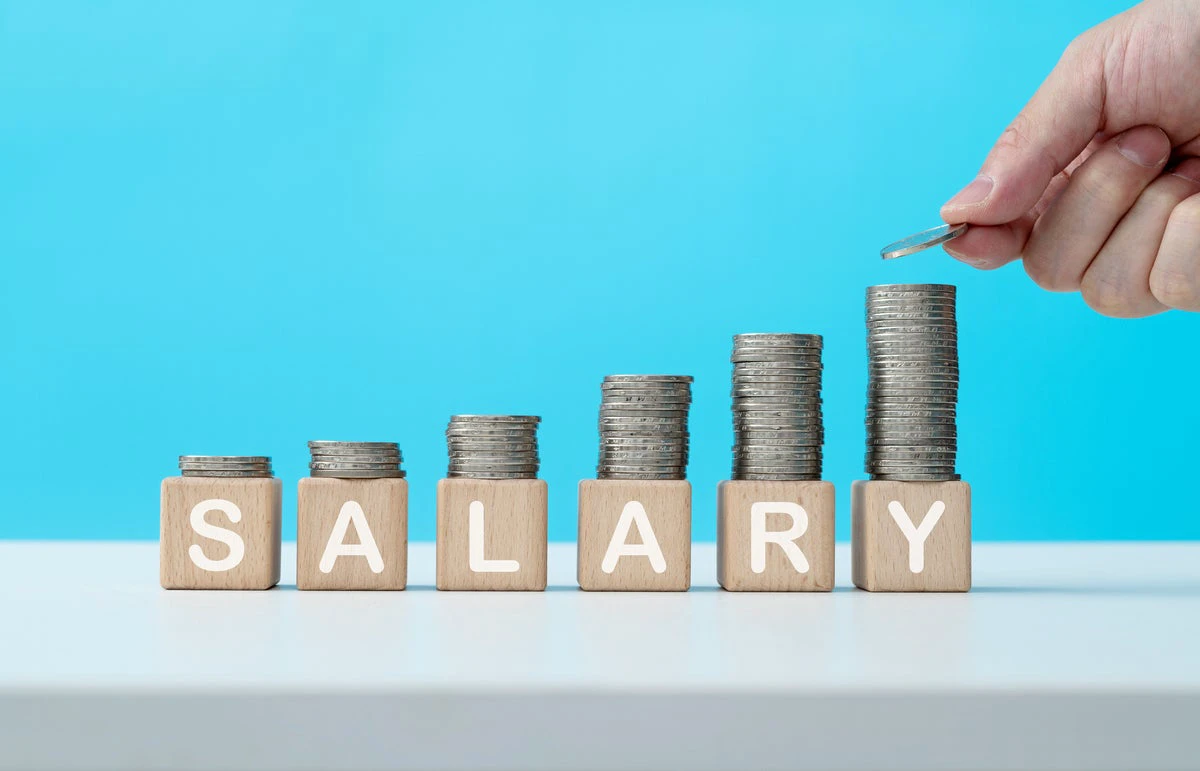Opinions differ on the fairest way to charge income tax, but it’s generally agreed that those who earn the most should pay the most.
Officially, the highest rate of income tax in England is 45 per cent, and it applies only to income over £125,140, affecting approximately the top 3 per cent of all taxpayers.
However, a growing number of people are falling into what’s known as the £100k tax trap: an unofficial 60 per cent effective rate that impacts earnings between £100,000 and £125,140.
It’s impacting more people now because of frozen tax thresholds, while wage growth has risen as well as inflation over the last few years.
If you’re at risk, it’s essential to understand how this affects you and what you can do to .
How income is taxed over £100,000
In England, the progressive rates of income tax are:
- 0% on income up to £12,570 (your personal allowance)
- 20% on income between £12,571 and £50,270 (the basic rate)
- 40% on income between £50,271 and £125,140 (the higher rate)
- 45% on income above £125,140 (the additional rate)
However, there’s one more hugely important detail missing here: once you earn more than £100,000, you start to lose your personal allowance.
It’ll reduce by £1 for every £2 you earn above £100,000, which means that more of your income is taxable.
For example, if you earn £110,000:
- Your income exceeds £100,000 by £10,000
- You’ll pay 40 per cent tax on this £10,000 – so £4,000
- You’ll also lose £5,000 of your personal allowance
- So, you’ll have to pay 40 per cent tax on this £5,000 too – so an additional £2,000
- £10,000 of earnings will cost you a total of £6,000 in taxes
So, while there’s technically no 60 per cent income tax rate, this is exactly the effect it has on your take-home pay.
Why some people believe this is unfair
A 60 per cent rate of income tax would be one of the world’s highest, but that’s not the most common complaint.
 Instead, the issue is that this rate doesn’t impact the UK’s top earners, but those still working their way up. To compare:
Instead, the issue is that this rate doesn’t impact the UK’s top earners, but those still working their way up. To compare:
- A £10,000 pay rise from £50,000 to £60,000 will increase your monthly net pay by £487.48
- A £10,000 pay rise from £100,000 to £110,000 will increase your monthly net pay by £316.68
- A £10,000 pay rise from £150,000 to £160,000 will increase your monthly net pay by £441.66
It might sound like a champagne problem to some, but those affected feel unfairly targeted.
And, as noted more “middle earners” are being impacted due to those frozen thresholds.
Further implications of earning over £100k
Unfortunately, tax isn’t the only financial penalty you’ll face if your income exceeds the £100,000 threshold.
Parents of young children (or future parents) should note that they will also lose their entitlement to 30 hours per week of free childcare. This can carry an annual cost of £9,600.
This means, if you’re a parent earning £99,000, a bonus or pay rise of any less than £25,000 would leave you worse off after paying for a year of childcare.
That might sound astonishing, but here are the numbers: a £99,000 salary provides a net income of £67,977.40, while £124,000 provides £77,677.40 net.
If we assume the full £9,600 of this would be spent on childcare costs which are no longer free, you’d have just £400 left of the £25,000 pay increase.
How to avoid the trap
Fortunately, there’s a solution that’s fairly straightforward (and legal!) and financially savvy.
 This is to increase your pension contributions to a level where your remaining taxable income is below £100,000. This can be done through a salary sacrifice arrangement or by making a lump-sum contribution.
This is to increase your pension contributions to a level where your remaining taxable income is below £100,000. This can be done through a salary sacrifice arrangement or by making a lump-sum contribution.
You may also be able to sacrifice salary for other employee benefits, for example, to buy additional days of leave, or as part of an electric vehicle scheme.
This can be a smart way to further reduce your income if you’ve already used your full pension annual allowance.
Another way to manage your taxable income is to make Gift Aid donations. Note that charitable donations might need to be quite sizeable to achieve the desired impact.
Should you always avoid it?
Where free childcare is at stake, there’s a clear case to reduce taxable income to below £100,000 for an immediate £9,600 cost saving. Any parent earning between £100,000 and £125,000 will benefit from doing so.
In other cases, the desire to reduce your tax bill should be weighed against other short-term and medium-term objectives.
For example, if you’re saving to buy a home, sacrificing salary to a pension will help you to avoid the tax trap, but will also slow down your progress towards that property.
There’s no one right answer for everybody, so you’ll need to identify and prioritise your goals to choose what’s best for you.
